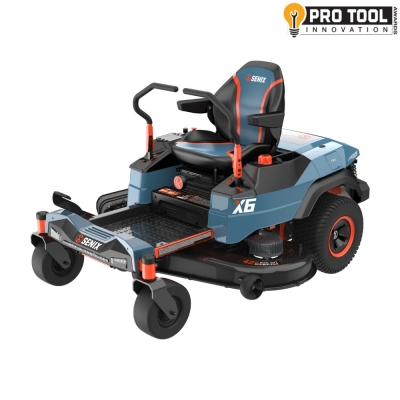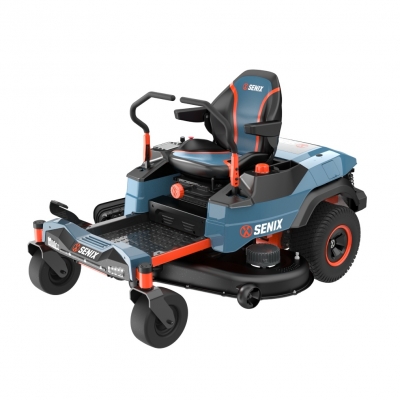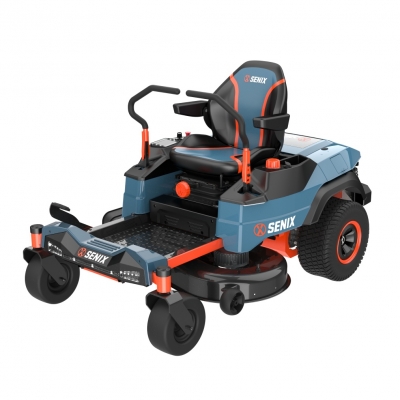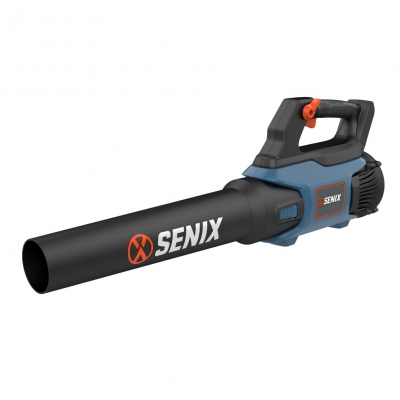Electric vs. Gas Leaf Blowers: Pros and Cons
When it comes to keeping your yard tidy, leaf blowers are indispensable tools. Choosing between an electric or gas leaf blower often depends on your specific needs and preferences. Each type offers distinct advantages and drawbacks in areas like power, convenience, and environmental footprint.
Understanding these differences can make the decision easier and ensure you pick the blower that best fits your yard work style.
Power and Performance
Gas Leaf Blowers
Gas-powered blowers are renowned for their powerful performance. They typically generate higher air velocity and volume, making them ideal for tackling large areas, wet leaves, and heavy debris. Their robust engines allow for prolonged use without the worry of battery life, which is a key advantage for professional landscapers or homeowners with extensive properties.
Electric Leaf Blowers
Electric blowers, either corded or battery-powered, generally produce less raw power compared to gas models. Corded blowers provide consistent power without interruptions, but their range is limited by the length of the extension cord. Battery-powered options offer mobility but require charging time and often deliver shorter run times. Despite this, advancements in battery technology have significantly improved their performance, making electric blowers suitable for small to medium-sized yards and lighter cleanup tasks.
Noise Levels
Gas Leaf Blowers
One common complaint about gas leaf blowers is their noise. The combustion engine generates significant sound pollution, often exceeding local noise ordinances. This can be disruptive in residential neighborhoods and may require hearing protection during prolonged use.
Electric Leaf Blowers
Electric blowers operate much more quietly, making them a preferred choice in noise-sensitive areas. The reduced sound level is beneficial for homeowners with close neighbors or for those who simply prefer a less intrusive tool.
Maintenance and Convenience
Gas Leaf Blowers
Maintaining a gas blower involves regular engine upkeep such as refueling, changing spark plugs, cleaning air filters, and occasional oil changes. Starting the blower can sometimes be challenging, especially with older models. These factors add to the overall effort and cost of ownership.
Electric Leaf Blowers
Electric blowers require minimal maintenance. Battery models only need periodic charging and proper storage, while corded versions mostly require keeping the cord intact. Starting is as simple as flipping a switch or pressing a button, making electric blowers more user-friendly, especially for occasional use.
Environmental Impact
Gas Leaf Blowers
Gas engines emit pollutants, including carbon monoxide and hydrocarbons, contributing to air pollution and greenhouse gas emissions. Their fuel consumption and exhaust noise also raise environmental and community concerns.
Electric Leaf Blowers
Electric blowers produce zero direct emissions during operation, making them a greener choice. Battery-powered models depend on electricity, which can be generated from renewable sources, further reducing their environmental footprint.
Cost Considerations
Gas Leaf Blowers
Generally more expensive upfront and over time due to fuel costs and maintenance. However, the higher power output justifies the price for large-scale or professional use.
Electric Leaf Blowers
Usually more affordable initially and cheaper to run. Battery replacements can be costly, but the reduced maintenance and fuel expenses balance overall ownership costs, especially for light to moderate use.

Choosing between an electric and gas leaf blower ultimately depends on your yard size, budget, and environmental priorities. Gas blowers excel in power and endurance, suited for demanding tasks and extensive properties. Electric blowers offer quiet, low-maintenance operation ideal for smaller yards and eco-conscious users. Considering these factors ensures a smart purchase that fits both your landscaping needs and lifestyle.



 (5.0)
(5.0)

